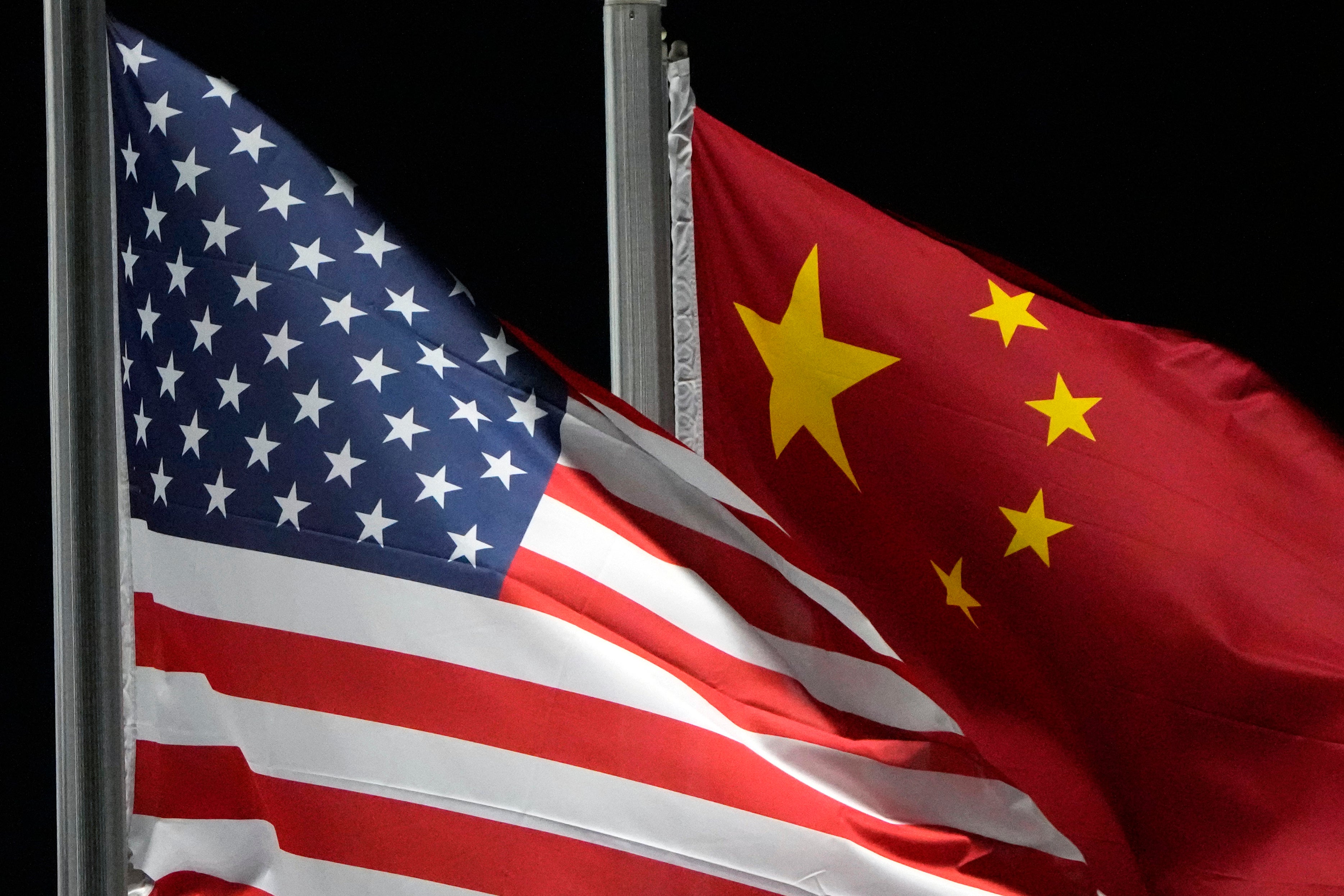Investigation into Chinese hacking reveals 'broad and significant' spying effort, FBI says
Federal authorities say an investigation into Chinese government hacking efforts has revealed a “broad and significant” cyberespionage campaign mounted by Beijing

Your support helps us to tell the story
From reproductive rights to climate change to Big Tech, The Independent is on the ground when the story is developing. Whether it's investigating the financials of Elon Musk's pro-Trump PAC or producing our latest documentary, 'The A Word', which shines a light on the American women fighting for reproductive rights, we know how important it is to parse out the facts from the messaging.
At such a critical moment in US history, we need reporters on the ground. Your donation allows us to keep sending journalists to speak to both sides of the story.
The Independent is trusted by Americans across the entire political spectrum. And unlike many other quality news outlets, we choose not to lock Americans out of our reporting and analysis with paywalls. We believe quality journalism should be available to everyone, paid for by those who can afford it.
Your support makes all the difference.A federal investigation into Chinese government efforts to hack into U.S. telecommunications networks has revealed a “broad and significant” cyberespionage campaign aimed at stealing information from Americans who work in government and politics, the FBI said Wednesday.
Hackers affiliated with Beijing have compromised the networks of “multiple” telecommunications companies to obtain customer call records and gain access to the private communications of “a limited number of individuals," according to a joint statement issued by the FBI and the federal Cybersecurity and Infrastructure Security Agency.
The FBI did not identify any of the individuals targeted by the hackers but said most of them “are primarily involved in government or political activity."
The hackers also sought to copy “certain information that was subject to U.S. law enforcement requests pursuant to court orders,” the FBI said, suggesting the hackers may have been trying to compromise programs like those subject to the Foreign Intelligence Surveillance Act, or FISA, which grants American spy agencies sweeping powers to surveil the communications of individuals suspected of being agents of a foreign power.”
The warning comes after several high-profile hacking incidents that U.S. authorities have linked to China, part of what they say is an effort to steal technological and government information while also targeting vital infrastructure like the electrical grid.
In September, the FBI announced that it had disrupted a vast Chinese hacking operation known as Flax Typhoon that involved the installation of malicious software on more than 200,000 consumer devices, including cameras, video recorders and home and office routers. The devices were then used to create a massive network of infected computers, or botnet, that could then be used to carry out other cyber crimes.
Last month, officials said hackers linked to China targeted the phones of then-presidential candidate Donald Trump and his running mate, Sen. JD Vance, along with people associated with Democratic candidate Vice President Kamala Harris.
Authorities did not disclose how or if the operations announced Wednesday are connected to the earlier campaigns.
In their statement Wednesday, the FBI and CISA said officials are working with the telecommunication industry and hacking victims to shore up defenses against continuing attempts at cyberespionage.
“We expect our understanding of these compromises to grow as the investigation continues,” the agencies wrote.
China has rejected accusations from U.S. officials that it engages in cyberespionage directed against Americans. A message left with China's embassy in Washington was not immediately returned Wednesday.